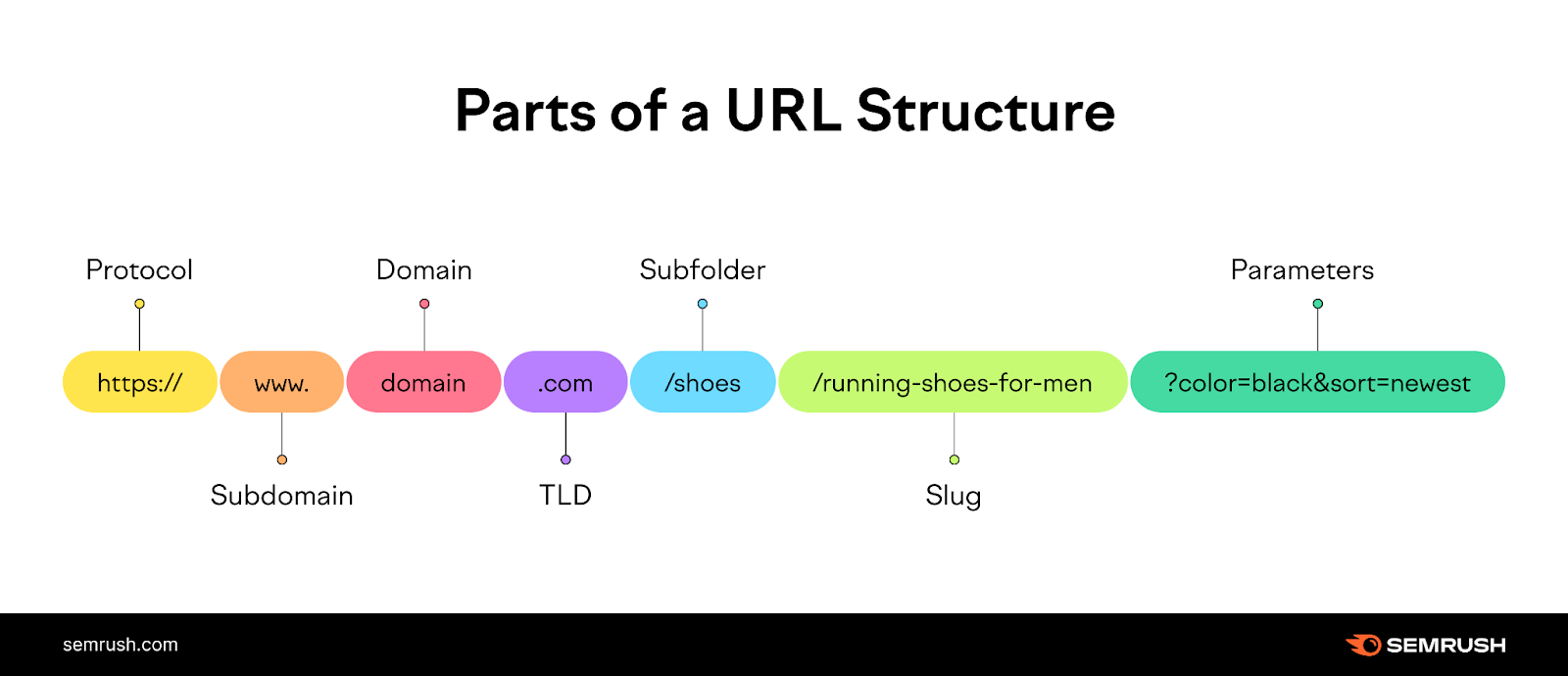
When optimizing your website for SEO, it’s important to focus on optimizing for the people you want to target.
Personas are semi-fictional representations of your ideal customers that can help you gain insights into who they are and what their needs are.
By understanding what drives them and why they search for certain keywords, you can create content that is tailored to their interests and needs.
To create personas, you’ll need to do some research on your target market.
Talk to people who fit the description of your ideal customers and try to find out more about their interests, needs, and behavior online.
Once you have an understanding of their behavior patterns, use this information to craft content that is tailored to them.
In addition to personas, you’ll also need to use keywords and phrases related to their interests.
This will help your website appear in SERPs when someone is searching for a product or service that you offer.




















